10 simple ways to protect data and accounts
Data protection or account protection is extremely important, if you do not want a day of data, your account suddenly disappears or cannot be accessed, please pay more attention to them.
In the digital age and especially when the security situation is becoming more complex, images, data, email accounts, credit cards or other private information are often easily lost. , sneaking, stealing or deleting. There is no absolute protection, but only small tips to limit risk as well as security and safety.
- Some common data security measures
Set password for device
If you don't use a password ( password ) on your phone or computer, it's almost like you're not locking your home or car. If lucky, no one will look at the data on the computer, otherwise the sensitive images and information will be easily collected by others in minutes.

Regularly check Google about yourself
Sometimes you should check your own information on google to see how personal information is popular, many other people will know about you, such as the case of 5 million Gmail accounts were leaked last password. , passwords and accounts are hacked by hackers and Google will produce results, from which you can know if you are one of the victims.

We can use Talkwalker Alerts tool . to be informed early on the information we care about has appeared somewhere on the Internet.
Should log out of Internet accounts when finished using
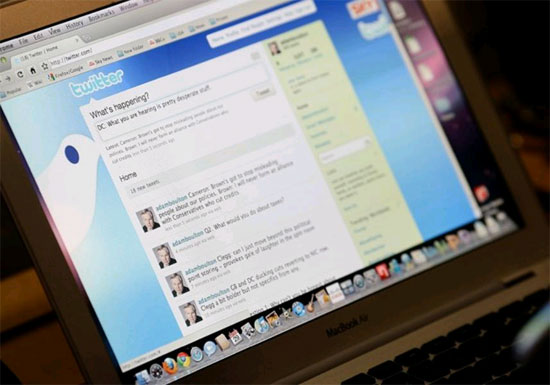
Many users will be bothered by this, but this is an extremely effective and popular way for both personal and public use. Account logout greatly limits the risks associated with losing accounts.
Don't think your device is safe, remember, and still have a login status that always contains information that is key for hackers, virus or trojan programs to exploit and steal accounts. If you are using a public computer or computer and you have forgotten to exit the account, please refer to:
- Instructions to log out of Facebook remotely when hacked account
- Remote logout of Gmail accounts
Do not arbitrarily provide email, phone numbers or personal information

Be careful when paying with credit cards, surveys . Because the information you provide is more or less used for some purpose you can't know. Specifically, birth date is a factor that helps hackers guess the password you use. There are still many users who use their birthdays as passwords.
Data encrypt
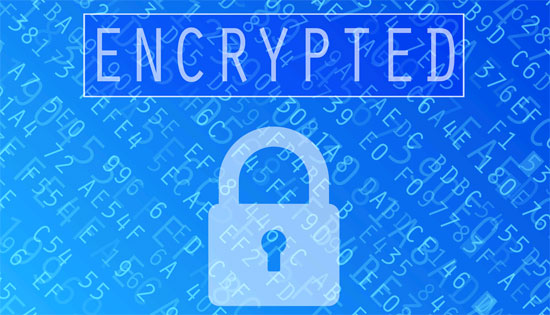
It sounds complicated and sublime but not as hard as you think. For example, on a Mac, go to settings , select " Security and Privacy ," to " FileVault ," select " Turn on FileVault ". You will be well protected. For PC users ( Windows ) it is possible to use software such as Bitlocker or similar to actively encrypt sensitive data.
Use a 2-layer password if possible, for example Gmail.
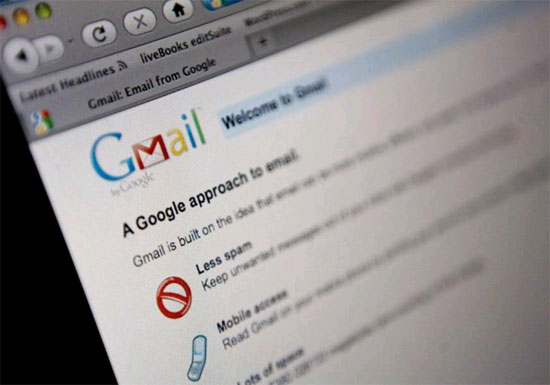
The 2-layer password solution will require adding your phone as an intermediary, whenever the gmail email account is accessed on another device or computer, Google will send a code to your phone, of course You will easily use that code to confirm. Conversely, others will not be able to do so unless they are holding the sim or phone that you use for Google's 2-layer security solution.
- Protect your Facebook account with 2-factor authentication
- 2-layer security for Gmail how?
Use cash instead of a credit card if possible.

Limiting the use of public credit cards is a good idea, if you can use cash, it will be much safer. You will not know, for some reason, do not understand what has just happened, your credit card in a split second, including card number, cardholder name, expiration date and the back is the signature and security code for online payment. Maybe at the end of the month you will get a "big" bill that you don't buy anything yourself.
Transfer Facebook Settings to "Friends Only"
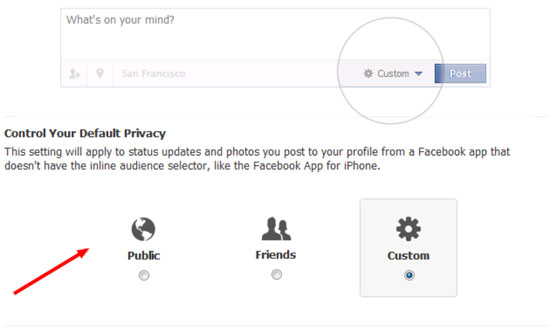
Limited to everyone can see your information, status, photos on facebook. Of course not for public is disaster, but if not necessary or not sure. Be careful to make friends and put information on the wall.
- The Facebook account security tips you should know
Delete Browser History and Cookies more often
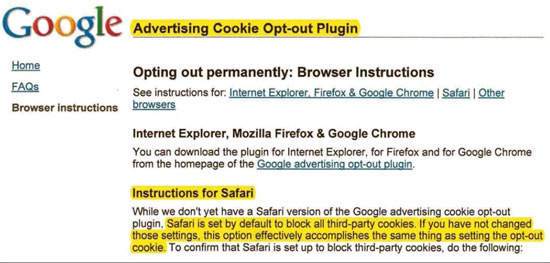
When you use the web browser to view information, check facebook, pay online, search for movies . Links, login information is stored internally in the web browser application you are using. Of course, there is time and many other factors that you may not know.
If someone has a deep knowledge of computers, they will easily dig back your usage history information and understand quite a bit of what you do. So it is best to remove these data more often.
Be careful in any case
In addition, be careful not to admit, emails from strange sources, contents related to changing passwords, to download hot content . Everything has its price and Always be careful with what's free. Of course it is not free to be harmful, but more consideration and reference from friends is needed.
As soon as there is a loss of account or data, calmly contact friends, reputable and experienced people for help as soon as possible.